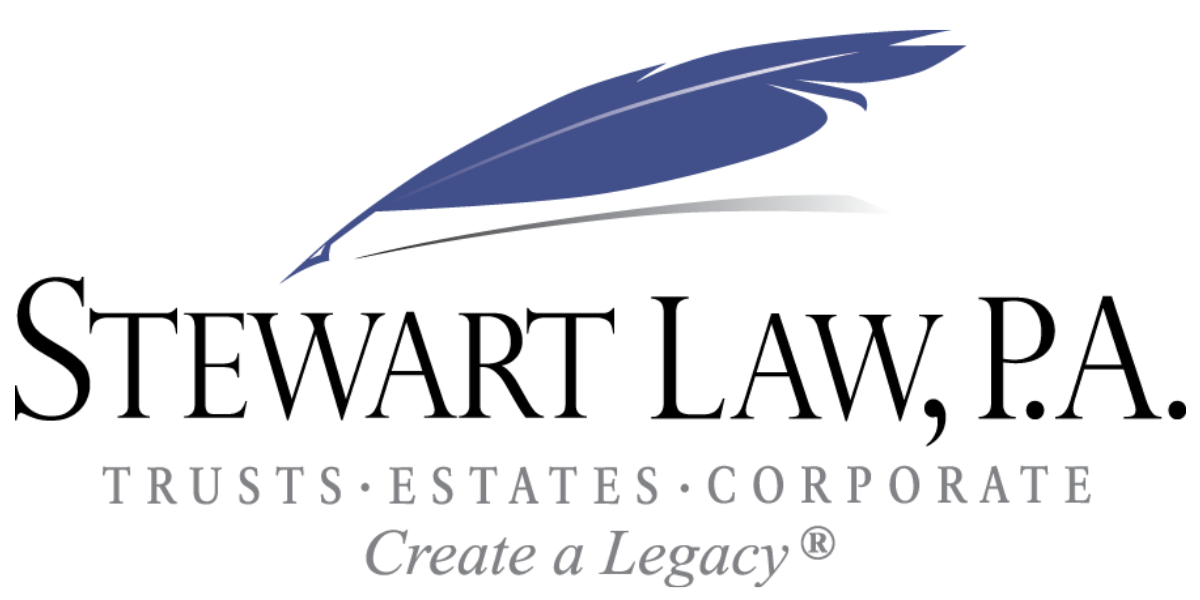Does Your Rental Real Estate Activity Qualify for the 20% Sec. 199A Deduction?

By now, you’ve likely heard that certain businesses can qualify for a 20% income deduction under the new tax law. This is true for an “active trade or business.”
Earlier this year the IRS issued a proposed safe harbor setting out how rental real estate activities can qualify as an active trade or business for the 20% business deduction. By safe harbor, we mean rules that should work, but taxpayers can still use case law to show their activities qualify as an active trade or business. In other words, this safe harbor can allow you to reduce the effective rate on the taxable income of your rental real estate business from 37% to 29.6%.
Here are the requirements to qualify for the safe harbor:
- Maintain separate books and records for the income and expenses of each enterprise. You can elect to treat each property as a separate enterprise or all similar properties as a single enterprise, subject to some exceptions.
- Keep contemporaneous records (e.g., time reports) for all services performed for tax years beginning January 1, 2019.
- Perform 250 or more hours of rental services. The services can be performed by owners, employees, agents and independent contractors, which may include management and maintenance companies who provide the contemporaneous records. “Rental services” do not include activities such as arranging for financing; reviewing financial statements; or traveling to or from the real estate. “Rental services” do include negotiating and executing leases; collecting rent; daily operation, maintenance and repair; and supervision of employees and independent contractors.
That said, here’s who can’t qualify:
A. Taxpayers who rent under
B. Taxpayers who rent under
In summary, if you’d like to take advantage of the safe harbor and secure the lower tax rate, convert triple net leases and make sure enough time is spent on the right services at the property. To discuss your situation, or for further details, please contact us and speak with one of our attorneys.
** The information contained in this communication is not intended to constitute legal, accounting or tax advice.
